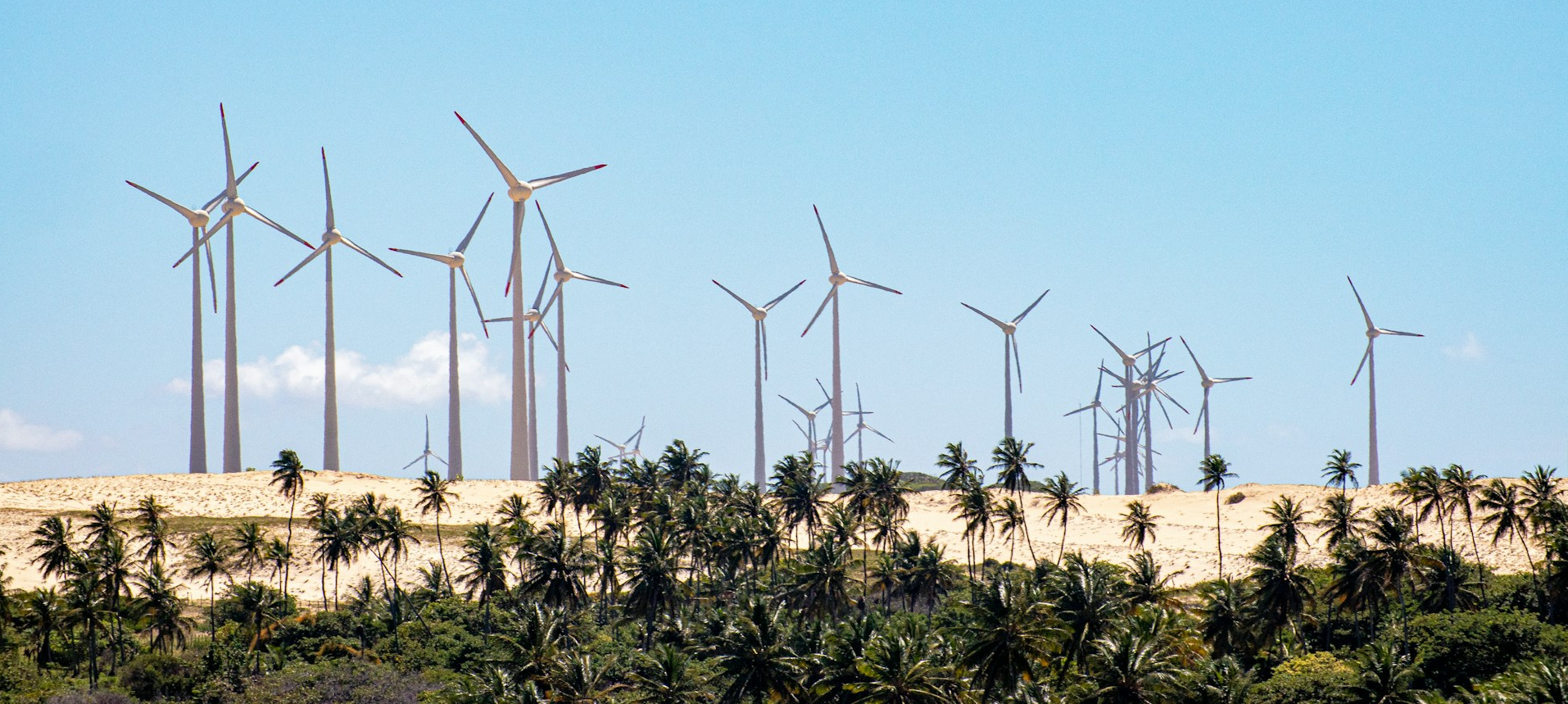Electrification of Land Transport is Imperative
Transport is a critical sector that needs an immediate and resolute transition to net-zero emissions. It is one of the world’s largest emitting sector, accounting for 37% of global greenhouse gas (GHG) emissions in 2021. Notwithstanding the impacts of the pandemic, emissions through the transport sector grew by 8% in 2021 to emit nearly 7.7 gigatons of CO2.
To ensure that the transport sector achieves its net-zero targets, it will need to extensively rely on electrification of road vehicles; develop energy efficient measures; commercialize and scale-up low carbon fuels for use specially in the aviation and maritime sectors; while encouraging a fundamental shift to low-carbon travel options.
Globally, innovative ways are being developed to reduce carbon emissions by the transport sector. World Car-Free Day is one such initiative that deserves a mention. It is a global occasion whereby every year on 22nd September motorists are encouraged to give up their cars for a day. The event is followed religiously in many countries where some choose to use this day to make their streets open for street picnics and art, while some use the time to cycle around the streets and some even horse-riding. During such events, organizers also make it a point to highlight the numerous benefits of going car-free to citizens.
Sustainable aviation fuel (SAF) is another area that is being extensively explored. It is an umbrella term referring to fuels which are derived from non-fossil sources or feedstock which has less carbon footprint. International Air Transport Association (IATA) estimates that SAF can contribute to around 65% of emissions reduction needed by the aviation sector to reach net-zero by 2050. In its SAF factsheet, IATA mentions that over 450,000 flights have flown using SAF with more than 50 airlines now having experience using SAF.
Mass Rapid Transit (MRT) systems are also implemented to address both air pollution along with traffic jams in some of the world’s most congested cities. MRT seemed a viable solution for Jakarta, a megacity that boasts of increasing population and rising climate change impacts. Jakarta has plans to develop a metro system with a total planned network of 145.9 km of which only 20.1 km is functional at the moment. Not only has the system shortened travel time, but has also relieved the city of congested roads and increased pollution.
EV a Viable Option
Electrification is by far the most viable option to reducing transport emissions. Railways have been electrified quite effectively, resulting in a cleaner transport alternative for passengers and increased cost-savings for government coffers due to fossil fuels. India has an ambitious plan to electrify its national railways completely by 2030. It has already electrified 80% of its rail network.
Adoption of electric vehicles has been fragmented. Some countries, particularly China and the United States have been pioneering the adoption of EV vehicles. Simultaneously the two countries are also investing heavily in the EV ecosystem; developing the EV charging infrastructure along with strengthening EV supply chains.
China’s world dominance in electric cars is not a matter of chance, but decades of efforts by the government and businesses in both increasing supply and demand for EVs in the nation. Early on, China started investing in cars powered entirely by batteries. China knew the potential it would have along with helping to curb severe air pollution and reducing the reliance on fossil fuels. The government also handed out subsidies, tax breaks, procurement contracts and other policy incentives to further boost the EV market. And it has successfully done its job. China sold over 6 million EVs in 2022, making it the world’s largest market for EVs.
China’s story is something that may be difficult for others to replicate, nonetheless it is now imperative that governments around the world start investing in electrifying their transport system. Countries will need to phase out investing in any further fossil-fuel energy systems.
Way Forward
Going forward, electric will be the norm land transport. The UK is the first country that has already passed a law requiring new buildings and homes in England to install EV charging points. When announcing the new law, former UK Prime Minister Boris Johnson had said, “the force driving that change won’t be government, it won’t even be business…it will be the consumer. It will be the young people of today, who can see the consequences of climate change and will be demanding better from us.”
Similarly, car manufacturers are also realizing the potential that the EV market has and are going all-electric. Jaguar has announced to go all-electric by 2025 and has plans to launch e-models of its entire lineup by 2030.
Countries that are intensively looking at transitioning to a cleaner land transportation system, can also partner with the United Nations. The UNEP has launched their Electric Mobility Programme that provides technical training and support, while helping countries establish a marketplace for supply and financing of electric mobility.
These are comforting news at a time when changing climate is wreaking havoc around the world. The warning bell on climate change has sounded and it will need a concerted effort by all to ensure that every possible way is explored to nullify its impacts.




